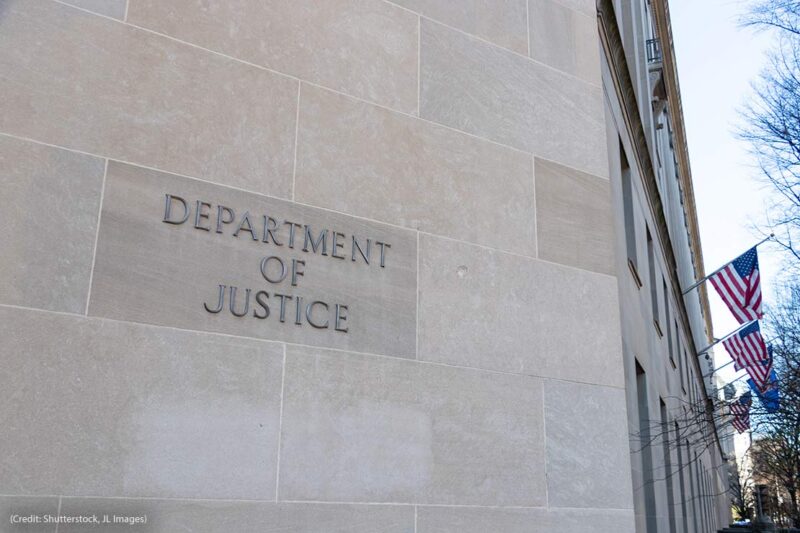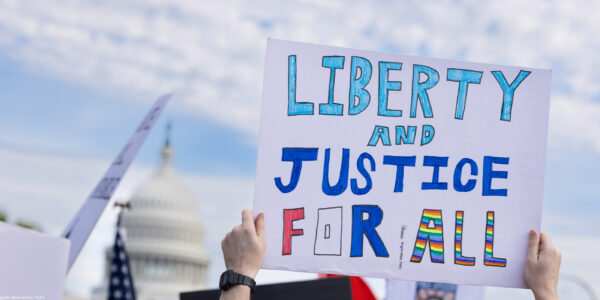The Government is Using its Foreign Intelligence Spying Powers for Routine Domestic Investigations


More than forty years ago, Congress gave the executive branch a set of exceptional surveillance powers to pursue foreign spies on U.S. soil. Now, the government is increasingly relying on those powers to advance ordinary domestic criminal investigations.
In United States v. Osseily, a fraud prosecution in California, the government appears to have used this surveillance — which is conducted under the Foreign Intelligence Surveillance Act (FISA) — to wiretap a longtime permanent resident of the U.S., Abdallah Osseily.
Mr. Osseily is a small business owner and a father of three. The government has charged him with bank and immigration fraud — charges that have nothing to do with “foreign intelligence” or “national security.” Indeed, the government has presented no evidence that Mr. Osseily ever acted on behalf of a foreign government. On top of all this, the government is trying to block Mr. Osseily from learning almost anything that would help him challenge this controversial surveillance.
As we and the ACLU of Southern California made clear to the court, this is wrong.
FISA gives the government an extraordinarily powerful surveillance tool. Under FISA, the government can ask a secret court, the Foreign Intelligence Surveillance Court, for approval to wiretap individuals to obtain “foreign intelligence information.” As compared to ordinary criminal wiretaps, for which the government must establish probable cause that the wiretap will yield evidence of a particularcrime, FISA surveillance is based on relaxed standards, allowing the government to conduct surveillance with fewer restraints. In recent years, the government has relied on FISA to deploy an array of novel and intrusive surveillance techniques — implicating the privacy rights of countless Americans who have never been suspected of any crime.
Disturbingly, the government is increasingly using these broad and intrusive spying powers in run-of-the-mill criminal investigations against Americans, circumventing their Fourth Amendment rights. For instance, the government recently relied on FISA surveillance to charge a man in Washington D.C. with crimes related to mortgage fraud. It used FISA to spy on Temple University physics professor, Xiaoxing Xi, before charging him with wire fraud — in a prosecution that was ultimately dismissed. And in Michigan, the government revealed that it used FISA surveillance in a prosecution for food-stamp fraud. That’s about as far from espionage or national security as you can get.
To make matters worse, people caught up in FISA prosecutions face immense hurdles in vindicating their due process rights and holding the government accountable.
Normally, when the government uses wiretap evidence in a criminal case, defendants have the right to review the government’s application in order to challenge any errors and omissions. This is a commonsense requirement and a bedrock due process protection: The defendant, with the assistance of counsel, is best positioned to identify potential misrepresentations by government agents. But when it comes to FISA surveillance, defendants never get that opportunity — even when the government relies on FISA surveillance in ordinary criminal prosecutions. In the 40 years since FISA was enacted, no defendant has ever been able to review the government’s FISA application.
The Department of Justice Inspector General’s recent report on FISA abuses shows exactly why that’s a problem. The report exposed a shocking number of misstatements and omissions in the government’s FISA applications to surveil former Trump campaign advisor Carter Page. If this abuse can happen in the case of an adviser to the now-president, one can only imagine the surveillance abuses that affect other individuals less connected than Page.
Indeed, in 2000, the government confessed that 75 surveillance applications it had submitted to the FISA court contained misstatements and omissions of material facts. In 2014, a press report revealed that five prominent Muslim Americans, including one who had served in the Bush administration, were apparently targeted for surveillance.
The one-sided and secretive nature of the FISA process, combined with the lack of disclosure to criminal defendants, encourages these abuses. As our amicus brief in Mr. Osseily’s case explains, courts must give defendants access to FISA materials consistent with due process, as Congress anticipated when it enacted FISA.
While the courts must do more to uphold the rights of defendants subject to FISA surveillance, Congress also has a responsibility to reform the statute to make clear that, whenever the government relies on FISA in a criminal prosecution, defendants have a right to review the applications and orders that led to the surveillance.
The government’s surveillance system, which has long been used to wrongly target Muslims, racial minorities, and others, requires fundamental reforms. Both the courts and Congress must now do their part to ensure that Americans’ rights are protected.



